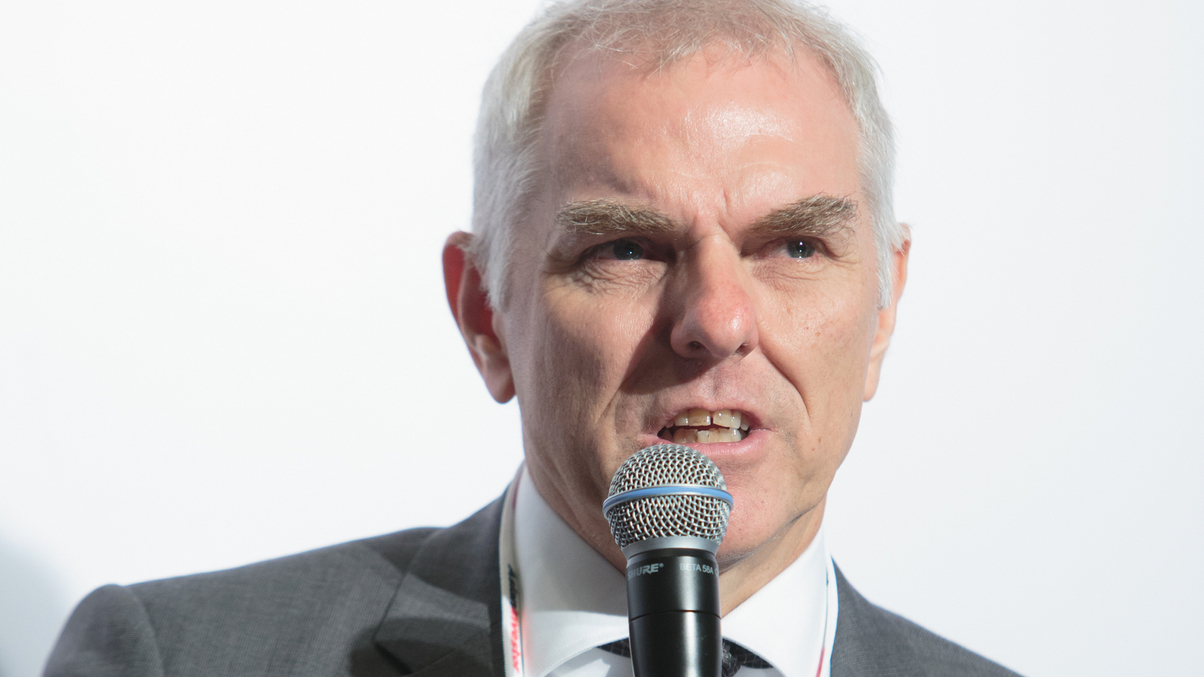Only structure can overcome short-termism, forum told
Clarity in mission and flexibility to invest are vital if institutional investors are to take a long-term view and free themselves of near-term performance pressure, an AsianInvestor forum hears.

Institutional Investors in Asia need to be granted the mandate and flexibility to take a long-term view, panellists agreed at an AsianInvestor forum yesterday.
Sign in to read on!
Registered users get 2 free articles in 30 days.
Subscribers have full unlimited access to AsianInvestor
Not signed up? New users get 2 free articles per month, plus a 7-day unlimited free trial.
¬ Haymarket Media Limited. All rights reserved.


